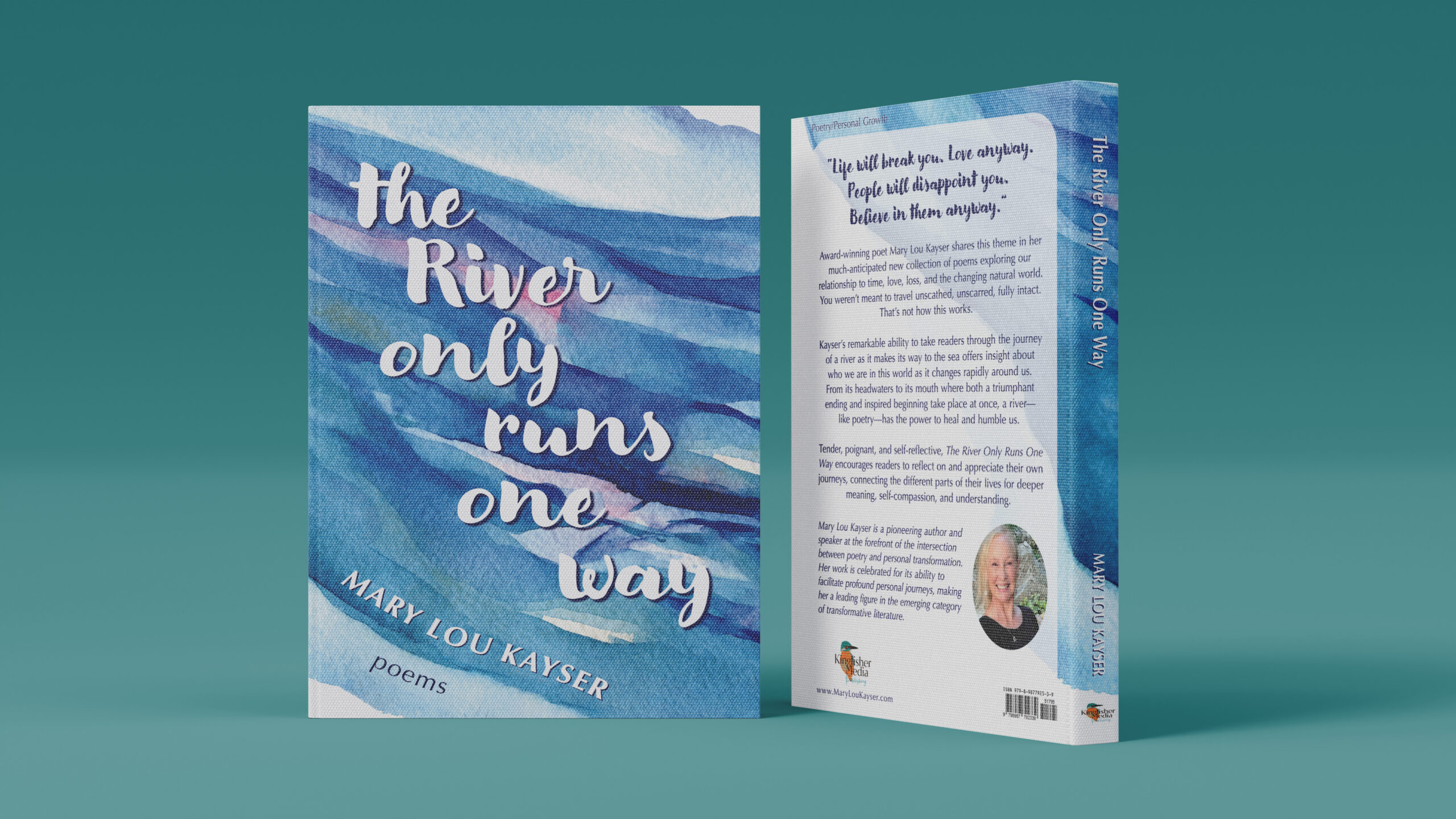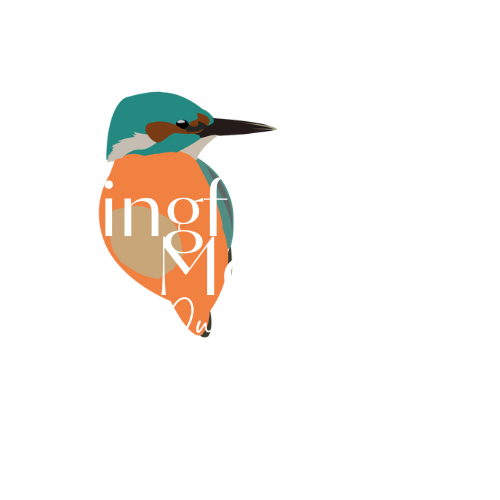Writing and trauma go together in more ways today than at any other time in our history.
Perhaps because the Internet now gives everyone the opportunity to write something about anything any time, from any place, we see content more often about trauma and suffering than in the past in memes, videos, social posts, and blogs.
Perhaps because modern life causes more trauma than in the past, we are talking about it regularly.
Or perhaps it's simply a mark of this particular time in our history. We are talking about trauma, mental health, and disease in ways previous generations didn't.
[Sidenote: Every troll comment ever published is a thinly disguised cry for help from someone who is hurting. In a strange way, trolls who write nasty messages are trying to make themselves feel better even if what they write isn't kind.]
Writing and Trauma
It's true people have been using writing to work through and out of traumatic experiences for millennia.
Countless journals and notebooks of everyday people across this planet are full of human angst, grief, and pain.
Mine included.
Take a look at any collection of love poems by any writer including Samuel Coleridge, Sappho, or Shakespeare for evidence.
Love and all its forms from the "falling into" part to the "broken heart" part is arguably the greatest traumas any of us will ever suffer.
In my latest book, The River Only Runs One Way, I explore trauma to the human heart through a variety of angles and considerations.

A companion to my previous book, The Far Unlit Unknown, my new book expands on universal themes like love and loss, grief and acceptance, and particularly to our relationship to time.
Every book I've written, and every post I've written here on this blog or on social platforms has served a greater purpose for me including releasing trauma from my system.
In turn, readers are given gifts from writers who share our struggles. Who can articulate feelings they may not be able to put into words.
Writing about our trauma becomes a gift we first give to ourselves. Then, if we choose to publish what we write, it becomes a gift for the world.
Writing to Let Go
Writing helps traumatic experiences exit the closed system of our bodies. Releasing the vast array of emotions through words on the page is a form of prevention, self-care, and healing.
Left unexamined or ignored, traumatic experiences can show up in the body in ugly ways.
The Body Keeps the Score by Bessel van der Kolk explores the relationship between trauma and disease.
The book description on Amazon reads:
"Trauma is a fact of life... In The Body Keeps the Score, Dr. van der Kolk uses recent scientific advances to show how trauma literally reshapes both body and brain, compromising sufferers’ capacities for pleasure, engagement, self-control, and trust. He explores innovative treatments—from neurofeedback and meditation to sports, drama, and yoga—that offer new paths to recovery by activating the brain’s natural neuroplasticity. Based on [his] own research and that of other leading specialists, The Body Keeps the Score exposes the tremendous power of our relationships both to hurt and to heal—and offers new hope for reclaiming lives."
Pretty powerful stuff.
Especially the part about being able to reshape both the body AND the brain.
I have this book in my personal library. Reading it several years ago opened my eyes to the many effects traumatic experiences have on us, big and small. And what's possible for moving past the negative effects trauma has on us.
I would add writing to the list of treatments for trauma as writing provides a physical release of thoughts (from the mind and the brain) through the hand moving across paper (body = action).
Writing to discover and heal and move forward is a powerful process accessible to everyone.
I highly recommend adding both of my books to your library, along with Dr. Bassel van der Kolk's.
I also can't recommend beginning or continuing a daily writing practice enough.
It can make a huge difference in all areas of your life.
And you might just discover you have a book in those pages you write that you can share with the world.
Most Newsletters Are Boring. Mine Isn't.
1200+ Leaders agree reading the "Field Notes" Newsletter makes their day better.
